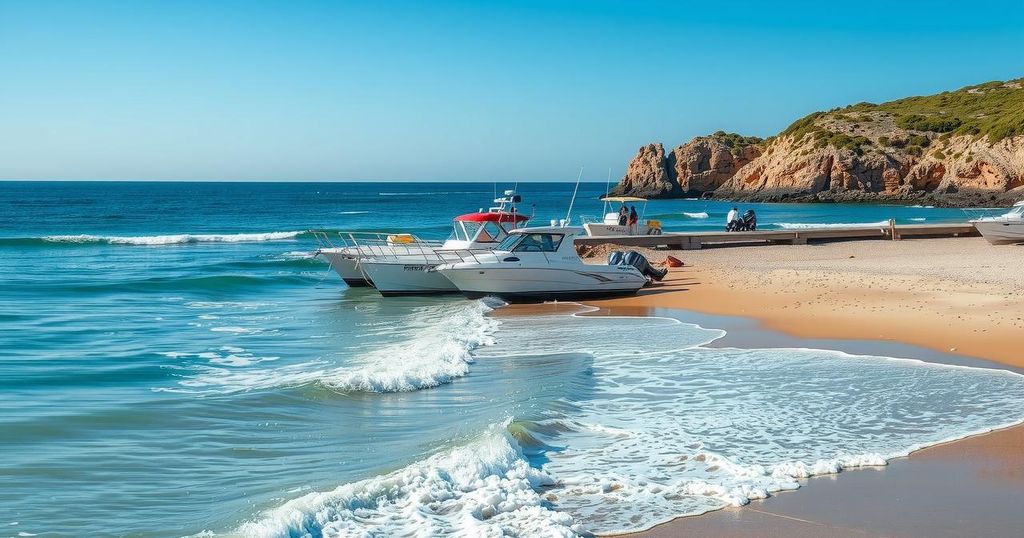Nigerian House of Representatives Passes Bill to Restrict Foreign Vessel Operations
The Nigerian House of Representatives has passed bill HB.1593 to restrict foreign vessels from operating in the nation’s coastal and inland waters. Sponsored by Julius Ihonvbere, the bill aims to empower local shippers, promote job creation, and enhance maritime security. It now awaits presidential assent to become law.
The House of Representatives in Nigeria has successfully passed a bill aimed at limiting the operations of foreign vessels within the nation’s coastal and inland waters. The bill, known as HB.1593, amends the Coastal and Inland Shipping (Cabotage) Act of 2003, focusing on reducing foreign vessel usage in domestic commercial activities to foster local tonnage development and establish a Cabotage Vessel Financing Fund.
Sponsored by Julius Ihonvbere, the bill was debated during a plenary session where he expressed concerns about the persistent encroachment by foreign vessels, which he claims have been exploiting Nigeria’s marine resources extensively. He criticized the lack of support from foreign vessels in developing local shipping capabilities, emphasizing that local shippers feel marginalized and deprived of growth opportunities.
Ihonvbere noted that the bill aims to enhance indigenous involvement in maritime commerce by restricting foreign vessel access, promoting local businesses, generating employment opportunities, and improving the security of Nigeria’s inland waterways. Following the debate, the majority of lawmakers approved the bill’s third reading, and it now awaits the assent of President Bola Tinubu.
The passage of bill HB.1593 by the House of Representatives signifies a strategic move towards strengthening Nigeria’s maritime industry by limiting foreign vessel operations. This legislation aims to bolster local participation, create jobs, and enhance resource management within the country’s waters. With the bill’s approval pending presidential assent, its implementation could significantly impact Nigeria’s economic landscape and maritime security.
Original Source: businessday.ng




Post Comment